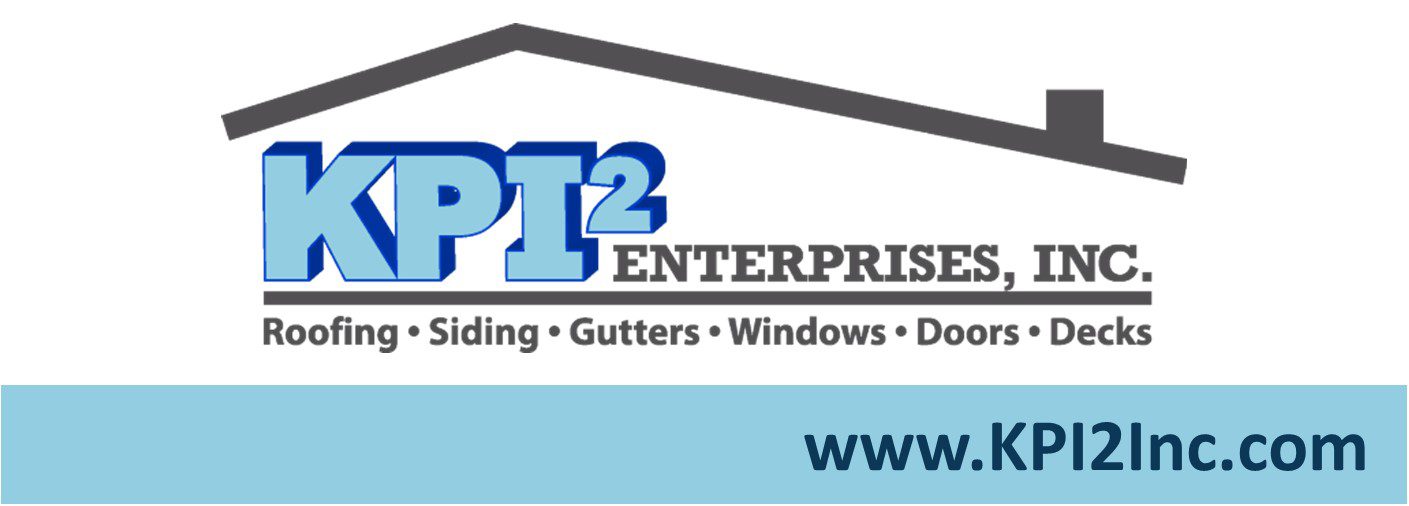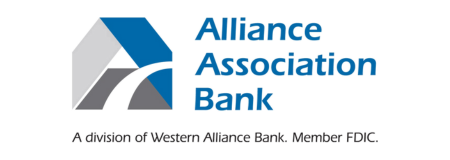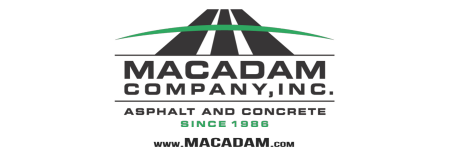EDITOR’S NOTE: Please make sure to check appropriate state, local and health department orders before proceeding to open / re-open any common area facility in your community association and, as always, check with your own association’s legal counsel for advice pertaining to your community.
One of the big questions facing associations at this moment is whether to go through the process of opening the pool. Should we do it now, as most pool companies are pushing—or should we wait and see what happens in a month? What if we haven’t even signed our pool contract? Should we sign it or just forget this season?
The decision is largely a business one, as the particular facts and circumstances of associations vary greatly. There are, however, a few key concerns that face all associations:
- Will the pool be damaged if we don’t open it and run the filtration system?
- If we have a signed contract, will we be liable to the contractor for the entire amount?
- If the “social distancing” requirements are lifted, do we want to be ready or risk facing an angry reaction from the owners? Or, if this continues, will we be criticized for wasting our members’ money?
First, our research indicates that even if pools are not going to be open for swimming this season, it is necessary to open, chemically treat and run the filtration system from a pool health standpoint. There is a real possibility that if you don’t open the pool, the pool surface may become irretrievably stained and there might be permanent damage to the filtration system. Remember that if it’s
opened but not used, you need to keep it running and maintained but at a reduced level (sufficient to protect the pool but not suitable for swimming).
If you are under contract, there are legal theories that may excuse the association’s performance. The coronavirus pandemic is an unforeseen circumstance that may relieve your association from legal responsibility. The extent of the relief will depend on the length and scope of the states’ prohibitions as contained in executive orders of the governors. It will also depend on the guidance from the Centers for Disease Control (CDC) and the state and local departments of health. You should consult with the association’s attorney regarding the legal grounds for termination or excused performance under a particular contract. At the very least, credits should be issued by the pool companies for unused lifeguard services or reduced
pool maintenance during the period of non-use.
A more difficult issue is whether to postpone or cancel the pool season. An association board should balance both the financial and social risks of moving forward. Is it likely that the pool facility will be permitted by the state to be opened at all? Should you spend the money on opening it so when and if restrictions are lifted, the pool will be available to the owners? If you open the pool and it cannot be used, will the members accuse the board of wasting money? Some associations have already made the decision to close the pool for the season. Others are waiting to see what happens in the next month. Either way, the board is protected by the business judgment rule, which leaves substantial discretion to the board.
We think that because the pre-season pool opening process is necessary to maintain this valuable association asset, associations should have that process completed. Not only will it protect the physical asset, but you will have the pool ready to go in the event that it is safe to open it this season. Yes, you will incur the cost of opening and closing the pool, but the funds are in the budget and the pool then will be available if use is permitted. We urge you to consult with your professional advisors, like your managing agent and attorney to determine the best option at this time.
As additional information becomes available, new developments occur, and other questions are raised, we will continue to update you. In the meantime, use common sense and follow recommended sanitation protocols to protect yourselves, your families and your community.
About the Author
Ronald L. Perl, Esq., CCAL is a partner in the Princeton, N.J. office of Hill Wallack LLP and a member of the firm’s Management Committee. He is partner-in-charge of the firm’s Community Associations practice group. He can be contacted at: rperl@hillwallack.com.




















